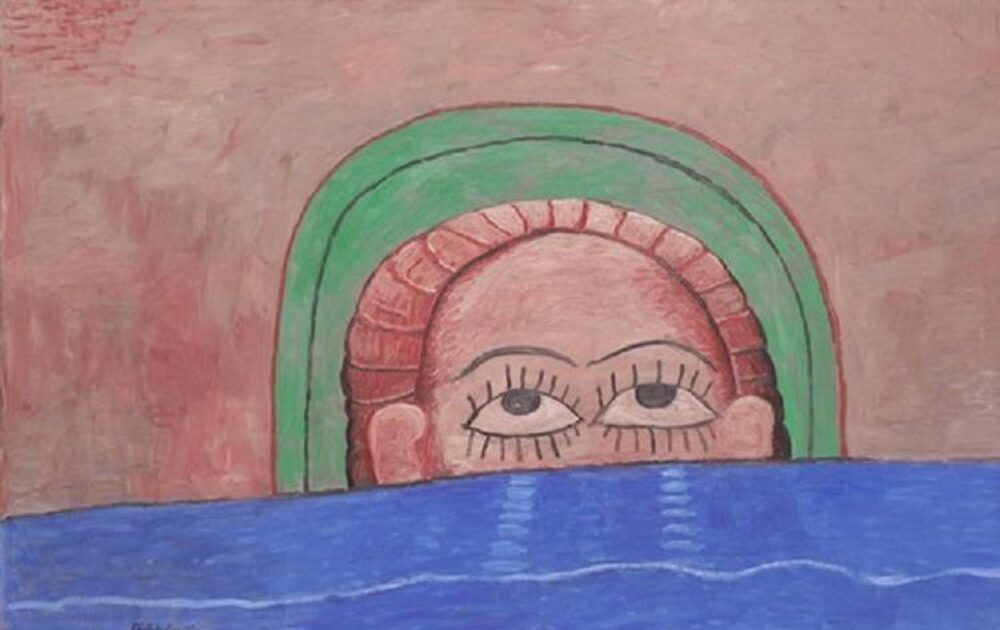The Rational & the Reasonable
This is the first of a series of posts on “race”. These posts are a personal exercise because I feel a need to clearly articulate some of my own thoughts on this topic and I need to understand how “race” figures into my own thinking. My views are not original. I am primarily indebted to the following books:
- Racecraft :The Soul of Inequality in American Life by Karen & Barbara Fields. The Fields sister’s compare the belief in “race” to the belief in witchcraft.
- The Mismeasure of Man by Stephen Jay Gould. From craniometry to IQ testing, a fascinating look at 150 years of futile attempts to define “race”.
- She Has Her Mother’s Laugh by Carl Zimmer A non-academic review of the most current thinking in genomics.
- American Kinship: A Cultural Account by David M. Schneider. What Americans mean by “related by blood” has nothing to do with biology.
“Race” is part of our thinking about how the world “is”. I want to begin by thinking about thinking.
In this hi-tech world, how much does any one of us really “know”? It is clearly within our ken to use cell phones but how many of us truly understand the technical workings of our phones? or the geo-synchronous satellites that give us our GPS bearings? How many of us truly understand how Einstein’s theories make TV’s, computers and lasers possible? How many of us understand modern genomics and how it has changed the treatment of cancer?
There is a cognitive division of labor in our specialized world that is bizarrely skewed. Tiny, tiny populations of experts sit atop manifold pyramids of specialized knowledge that are the source of technological magic. The rest of us (in our billions) know enough about some socially useful activity to stay alive and in so doing we use the magic devices we are provided. They are magic devices because we believe that someone somewhere knows how all this shit works. We don’t think stuff works because Valdemort is casting spells, but any other technical explanation we could muster would not be much more accurate.
While us-billions have little in-depth knowledge of anything, we have the Wiki-Library of Alexandria at our fingertips. We can skim the surface of a million topics. This Library comes to us courtesy of the same technological economy that inundates our kilobyte brains with terabytes of information. When we skim, the chances are that we simplify. The simpler a mental model we have of a particular complexity, the more likely we are to be confident in our “knowledge”. Psychologists label this cognitive bias as the “Dunning-Krueger Effect”. Simply stated, the ignorant don’t know they are ignorant and proceed with confidence. The truly knowledgable are more likely to be plagued by uncertainty.
So our challenge, awash as we are with information, is to make reasonable decisions about how to act or what to believe we know. Billions of us get through our days making reasonable decisions
Here, the philosopher Kwame Anthony Appiah makes a distinction between a rational decision and a reasonable decision. If you are told by your crazy Uncle Frank that your cell phone has given you pancreatic cancer, it is reasonable to ignore him. If your doctor tells you that you have cancer, it is rational to take her seriously and it is rational to seek and take the advice of oncologists.
Rationality, in a critical sense, isn’t an individual attribute. Here I’ve sometimes found it convenient to distinguish between rationality and the individual trait of reasonableness. The distinction I have in mind is between cognitive and practical procedures that are likely to be successful, given the way the world is (which I’ve called “rational”); and procedures that a normal human being in a society has …(little) reason to doubt will be effective, whether or not, in fact, they are (which I’ve called “reasonable”).
Appiah, The Dialectics of Enlightenment
Appiah goes on to describe how his father like all Asante of his generation thought the world was populated by invisible spirits. Given a medical problem, his father’s generation would have consulted a fetish priest about which witch was at work. A reasonable decision then. Today, a blood sample would be sent to a lab.
On an individual level, my Asante ancestors, acting on the basis of trusted authority, weren’t less reasonable than we are. But the analysis of rationality must expand beyond the individual level. Where traditional belief practices and natural science differ is as institutions: the social organization of inquiry makes all the difference.
Appiah, The Dialectics of Enlightenment
If it takes a (scientific) village to create rationality, participation in that rational, socially organized inquiry is beyond most of us. Instead, our daily, socially reasonable inquiry is “organized” by the algorithms of profit seekers who present “knowledge” as bits and memes designed to trigger our consumer choice reflex. In our consumerist society it is “reasonable” to believe anything you choose to pick off the shelf… until you learn that your own pancreas is trying to kill you: suddenly, “rational” ideas and rational choices will have a new allure.
We all have a lot of “reasonable” ideas about the world. Most of the time these notions pose no immediate problems for us as we navigate our social worlds. Unfortunately, some of these “reasonable” ideas are not only not “rational”, they are pernicious and persistent.
The new motto of this blog is: Don’t believe everything you think.
Do you think you know what “race” is?
Stay tuned.
